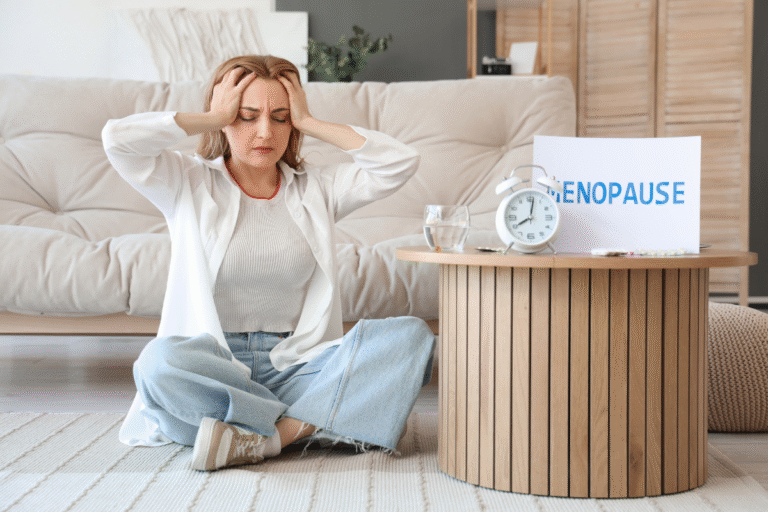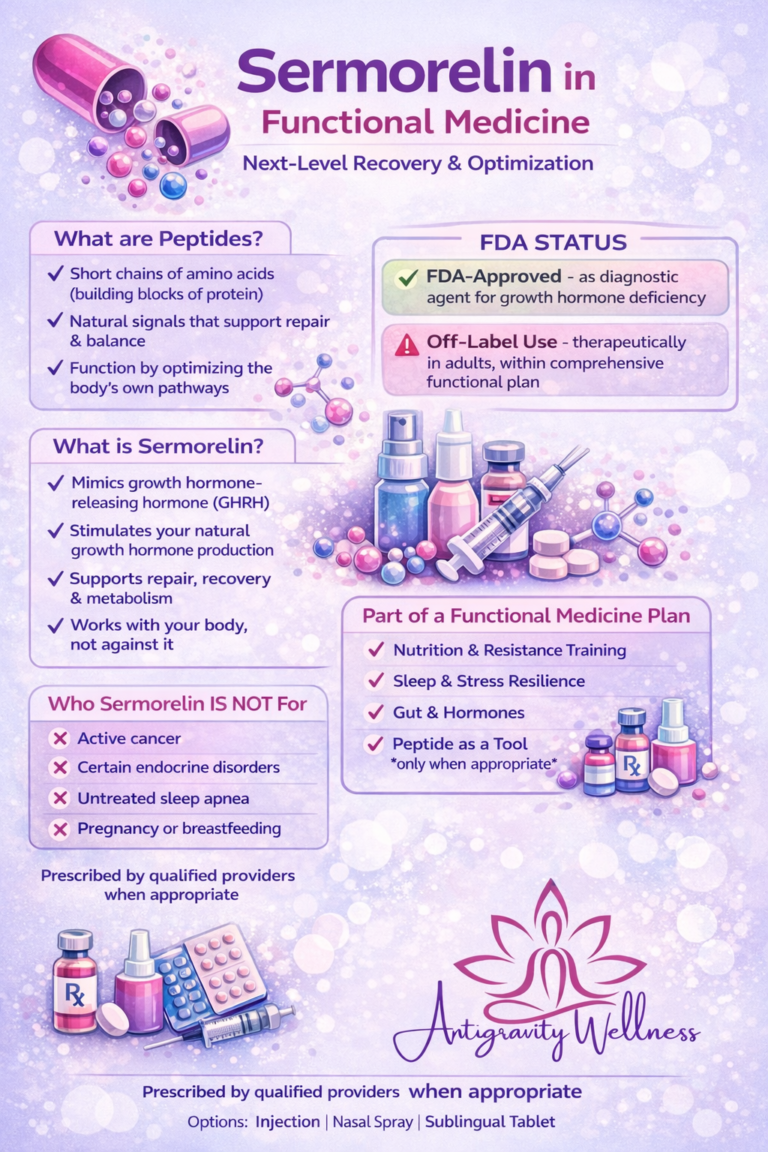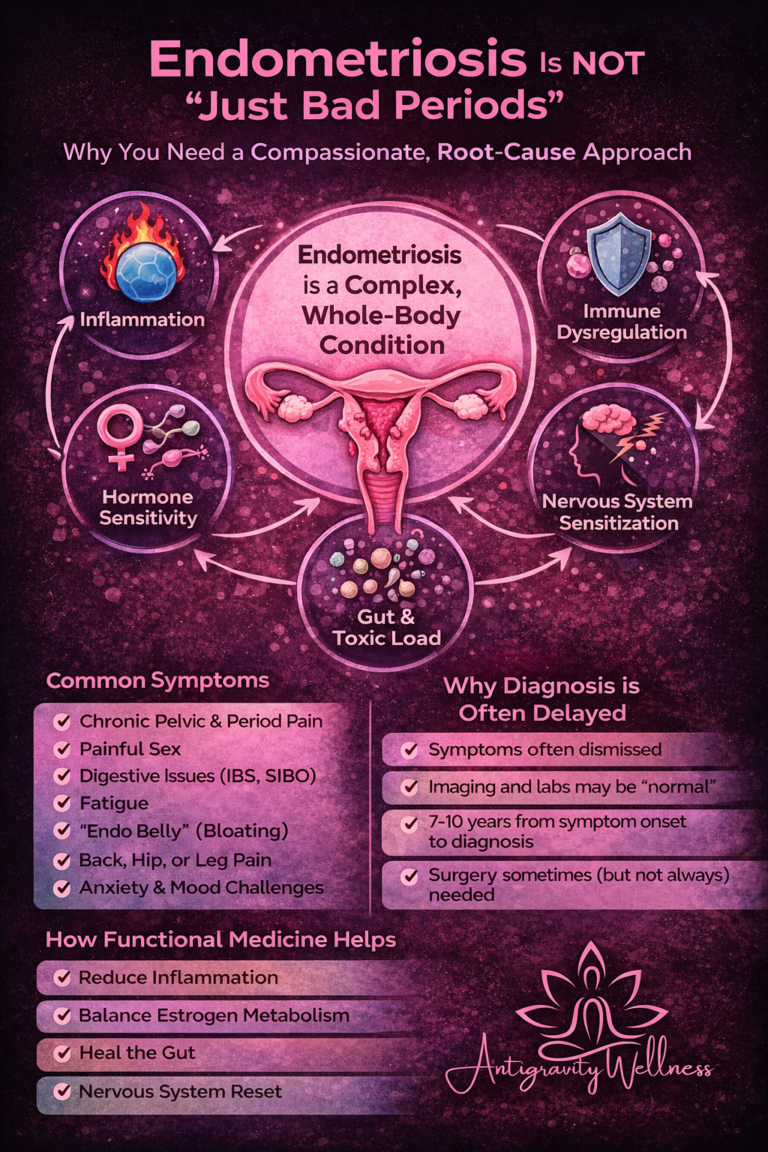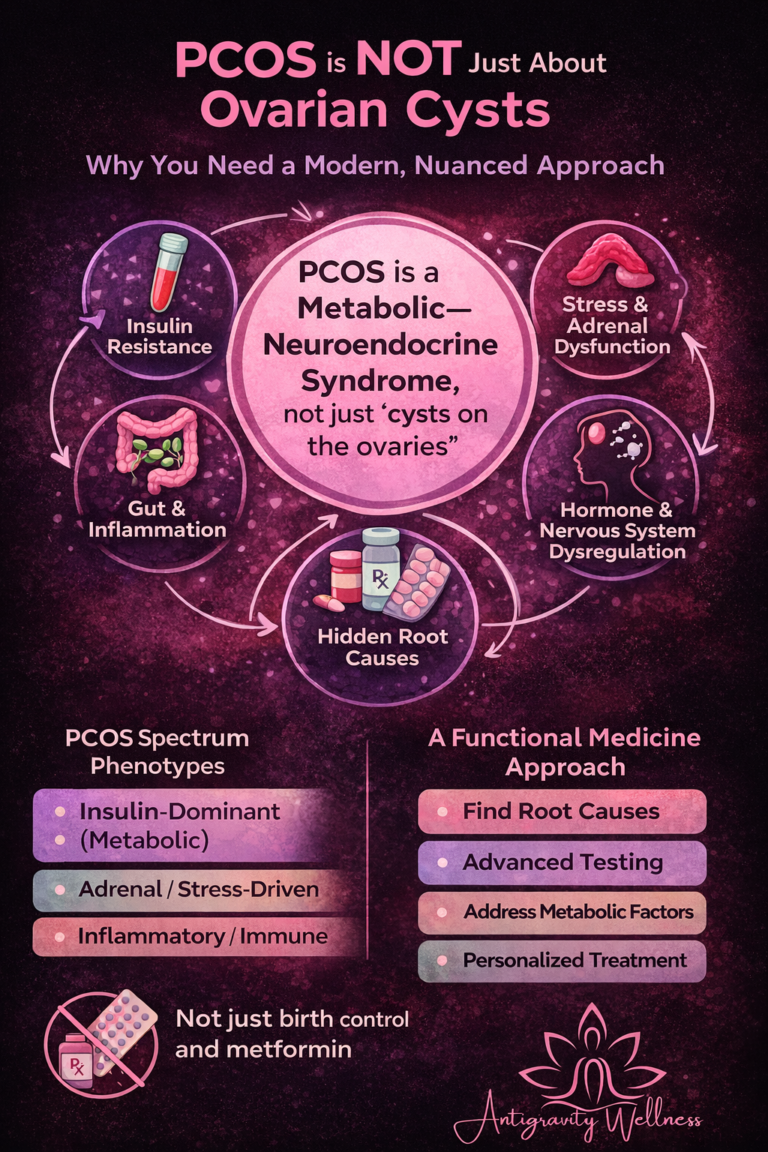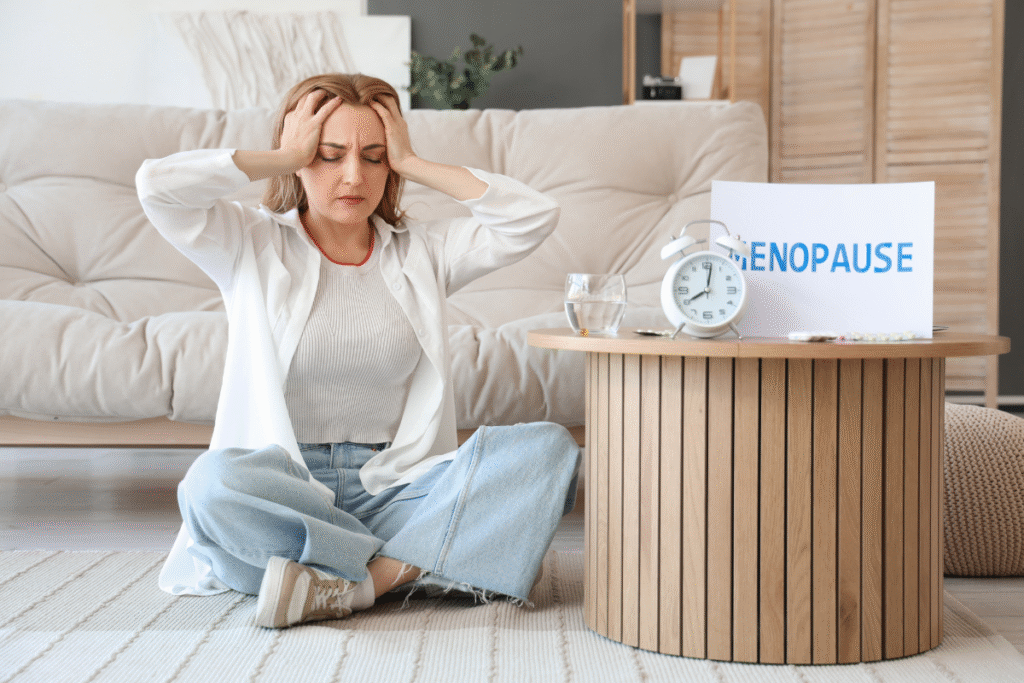
Sarah stared at her fitness tracker in frustration. For years, she’d maintained the same 6 AM workout routine with consistent energy and results. But now, at 52, some mornings she felt like she was moving through molasses, while other days she had surprising bursts of energy at 2 PM—right when she used to crash. “Am I broken?” she wondered, scrolling through yet another generic menopause article that didn’t address her specific experience. What Sarah didn’t realize was that her body wasn’t broken—it was simply operating on new rhythms that she hadn’t learned to recognize yet.
The Hidden Wisdom of Your Menopausal Body
During menopause, many women feel like their bodies have become unpredictable strangers. The monthly hormonal cycles that once provided a roadmap for energy, mood, and physical performance are gone, leaving many feeling lost and frustrated. However, your body hasn’t stopped communicating with you—it’s simply speaking a different language.
While the dramatic monthly fluctuations of estrogen and progesterone may have ended, your body still operates on several important rhythms that, when understood and honored, can help you feel more energized, balanced, and in control during this transition.
The New Rhythms of Menopause
Daily Circadian Patterns Your circadian rhythm—your body’s internal 24-hour clock—becomes even more important during menopause. Declining estrogen affects melatonin production and body temperature regulation, which can shift your natural energy peaks and valleys. Many women find their energy patterns change significantly from their pre-menopausal days.
Seasonal Variations Without the monthly hormonal cycle to focus on, seasonal changes become more pronounced. Your body may crave different foods, require different amounts of sleep, or respond differently to exercise depending on the time of year. This isn’t weakness—it’s wisdom.
Individual Symptom Patterns Hot flashes, mood changes, and energy fluctuations often follow their own patterns. Some women experience more symptoms in the morning, others in the evening. Some find their symptoms worsen during stressful periods or certain seasons. Recognizing these patterns empowers you to plan and prepare.
Stress and Recovery Cycles Your body’s ability to handle and recover from stress changes during menopause. What once felt manageable may now require more recovery time. This isn’t a limitation—it’s information your body is providing about what it needs to thrive.
Case Study: Maria’s Energy Transformation
Maria, a 49-year-old marketing executive, came to Antigravity Wellness feeling exhausted and defeated. “I used to be able to power through 12-hour days and still have energy for evening workouts,” she explained during her initial consultation. “Now I’m exhausted by 3 PM, but then I get a second wind at 8 PM when I should be winding down for bed.”
Through careful tracking and observation, we discovered Maria’s unique patterns:
- Morning Energy Peak (7-10 AM): Highest cognitive function and physical energy
- Midday Dip (1-4 PM): Natural energy low, often accompanied by mild hot flashes
- Evening Revival (7-9 PM): Second energy peak, but often interfered with sleep if she exercised during this time
- Seasonal Variation: Symptoms were more intense during summer months and improved in fall
The Solution: Instead of fighting these patterns, we worked with them:
- Scheduled demanding work tasks during her 7-10 AM peak
- Planned lighter activities and self-care during her 1-4 PM dip
- Used her evening energy for meal prep and gentle activities rather than intense exercise
- Adjusted her nutrition to support stable energy throughout the day
- Modified her exercise routine to align with her natural rhythms
The Results: Within three months, Maria reported:
- 60% improvement in overall energy levels
- Significant reduction in afternoon crashes
- Better sleep quality
- Improved mood stability
- Greater sense of control over her menopause experience
“I finally feel like I’m working with my body instead of against it,” Maria shared. “Understanding my patterns gave me permission to honor what my body was telling me.”
How Antigravity Wellness Can Help You Discover Your Rhythms
At Antigravity Wellness, we specialize in helping women navigate menopause with personalized, functional medicine approaches that honor your body’s unique needs and patterns.
Our Comprehensive Menopause Services Include:
Hormone Replacement Therapy (HRT) Our board-certified providers offer individualized hormone therapy protocols, including bioidentical hormone replacement, with careful monitoring and adjustment based on your symptoms and lab results.
Functional Medicine Approach We look beyond symptoms to identify root causes, using advanced testing like DUTCH hormone panels, GI MAP testing, and comprehensive nutrient analysis to understand your unique biochemistry.
Personalized Nutrition Counseling Our nutrition programs are designed specifically for menopausal women, focusing on foods that support hormone balance, bone health, and energy stability while managing symptoms like hot flashes and weight gain.
Body Composition Monitoring Regular body composition assessments help track changes in muscle mass, bone density, and metabolic health—all crucial during menopause.
Lifestyle Optimization Programs Our structured programs help you identify and work with your personal rhythms through:
- Energy and symptom tracking
- Personalized meal planning
- Exercise programming that adapts to your changing needs
- Stress management techniques
- Sleep optimization strategies
Ongoing Medical Support Regular check-ins with Dr. Nicole Smith, DNP, ensure your treatment plan evolves with your changing needs throughout your menopause journey.
Getting Started
We have a range of group programs and one-on-one package options. See the Services page on our website for more details. Available to Washington and Oregon residents. HSA/FSA accepted.
Your Next Steps: Beginning to Track Your Patterns
- Start Simple: For one week, rate your energy levels (1-10) at three times: morning, midday, and evening
- Note Symptoms: Track hot flashes, mood changes, and sleep quality
- Observe Patterns: Look for trends in timing, triggers, and intensity
- Honor What You Discover: Begin making small adjustments to work with your patterns rather than against them
Remember, there’s no “right” way to experience menopause. Your patterns are unique to you, and understanding them is the first step toward feeling empowered and energized during this transition.
References
- Baker, F. C., & Lee, K. A. (2022). Menopause and sleep disturbance. Sleep Medicine Clinics, 17(2), 281-293. https://pubmed.ncbi.nlm.nih.gov/30098758/
- Cagnacci, A., & Venier, M. (2019). The controversial history of hormone replacement therapy. Medicina, 55(9), 602. https://pubmed.ncbi.nlm.nih.gov/31540401/
- Davis, S. R., et al. (2020). Menopause transition and cardiovascular disease risk: Implications for timing of early prevention. Circulation, 142(25), 2442-2455. https://pubmed.ncbi.nlm.nih.gov/33251828/
- Grace W Pien. 2008. Predictors of Sleep Quality in Women in the Menopausal Transition. https://pmc.ncbi.nlm.nih.gov/articles/PMC2491505/
- Maki, P. M., & Henderson, V. W. (2016). Hormone therapy, dementia, and cognition: The Women’s Health Initiative 10 years on. Climacteric, 19(4), 313-325. https://pubmed.ncbi.nlm.nih.gov/22612612/
- Santoro, N., et al. (2021). The menopause transition: Signs, symptoms, and management options. Journal of Clinical Endocrinology & Metabolism, 106(1), 1-15. https://pubmed.ncbi.nlm.nih.gov/33095879/
- Thurston, R. C., & Joffe, H. (2011). Vasomotor symptoms and menopause: Findings from the Study of Women’s Health across the Nation. Obstetrics and Gynecology Clinics, 38(3), 489-501. https://pubmed.ncbi.nlm.nih.gov/21961716/
Medical Disclaimer
This blog post is for educational and informational purposes only and is not intended as medical advice. The information provided should not be used for diagnosing or treating a health problem or disease. Always consult with your healthcare provider before making any healthcare decisions or for guidance about a specific medical condition. Individual results may vary. The content herein is not intended to be a substitute for professional medical advice, diagnosis, or treatment.
Dr. Nicole Smith, DNP, FNP-C, ONP-C, is a licensed nurse practitioner in Washington and Oregon. Antigravity Wellness services are available only to residents of Washington and Oregon due to licensing requirements.
Ready to discover your unique menopause rhythms? Schedule your consultation with Dr. Nicole Smith at Antigravity Wellness. Call 1-509-715-3083 or visit antigravitywellness.com to book your appointment today.

